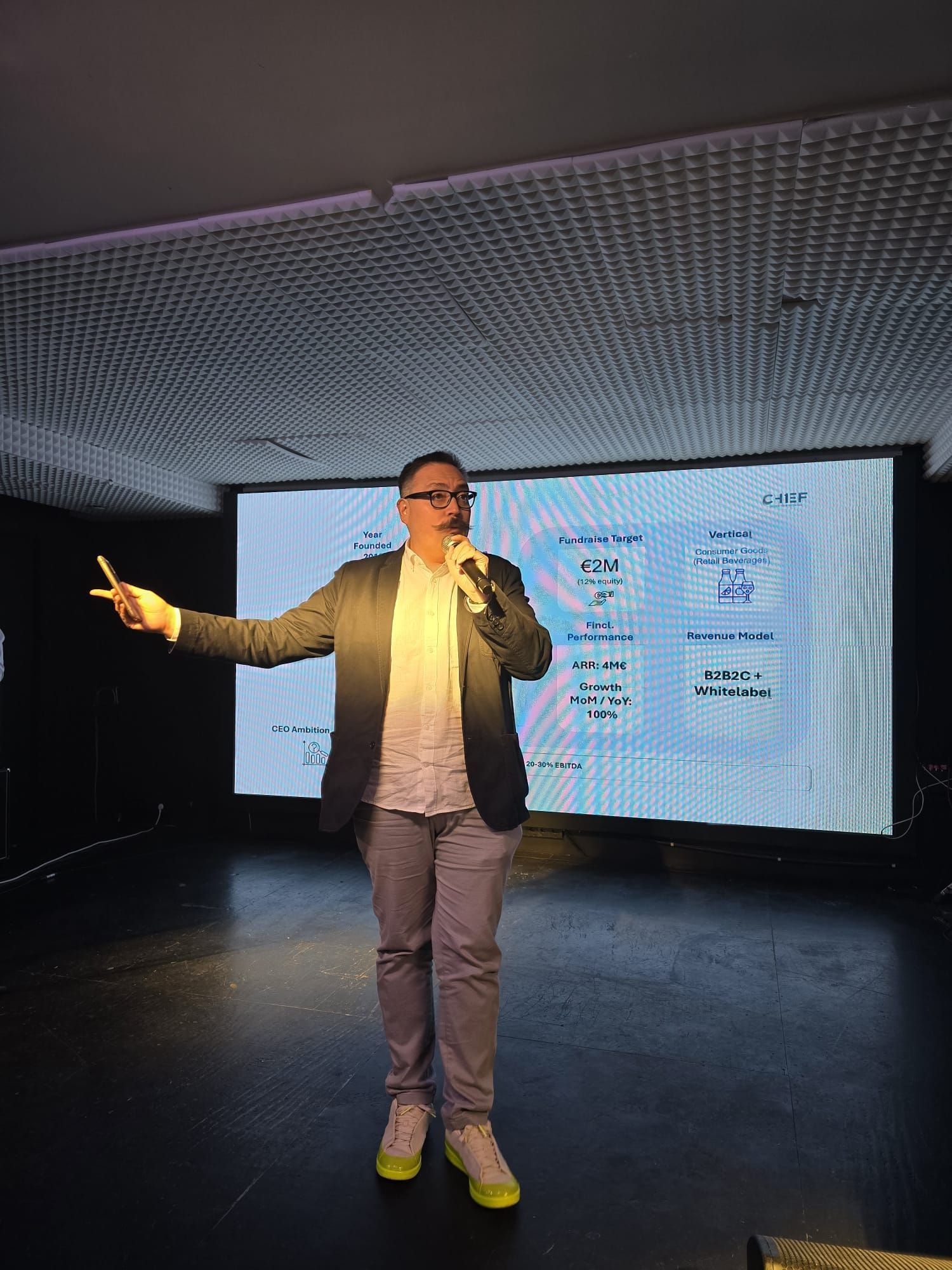The first time I got payed as a speaker was in a taxi
You’d think the first time I ever gave a proper “speech” would’ve been in front of a small crowd, maybe a work event, or at least a nervous toast at a friend’s party. Nope. My first real attempt at public speaking happened in the back seat of a taxi.

I had been preparing some lines, trying to get over that fear of putting my thoughts into spoken words. The driver noticed me muttering to myself and asked what I was doing. Instead of brushing it off, I thought, why not? So I told him, “Actually, I’m practicing a little speech.” He laughed and said, “Go on then—practice on me.”
So I did. Right there, stuck in traffic, I delivered my first “speech.” No stage lights, no fancy microphone—just me, a captive audience of one, and the faint smell of air freshener shaped like a pine tree.
Here’s the twist: when I finished, the driver was silent for a second. Then he looked at me through the rearview mirror and said, “That really touched me.” And when we got to my stop? He refused to take my money. “That was worth more than the fare,” he said.
It hit me right then: speaking isn’t about being perfect, polished, or professional. It’s about connection. If words spoken in the back of a cab can reach someone enough to make them wave off the meter, imagine what they can do in a room full of colleagues, friends, or strangers.
That moment taught me something speeches and workshops never could: your voice matters, even in the most ordinary of places. Especially in the most ordinary of places.
So if you’re waiting for the “right” stage, the perfect script, or the courage to suddenly appear—stop waiting. Start where you are. Even if that’s the back seat of a taxi.






